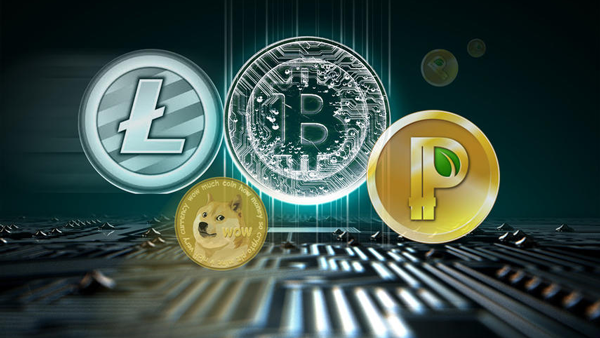In the case against EtherDelta, the SEC argued that under SEC v. Howey, "the tokens traded included securities because the purchasers of tokens 'invested money with a reasonable expectation of profits, including through the increased value of their investments in secondary trading, based on the managerial efforts of other,'" Cipperman said.
The token exchange "allowed buyers and sellers to view pairs available for trading and a display of the top 500 bids and allowed users to enter buy and sell orders."
The 12-page SEC order explains that EtherDelta is an online platform that allows buyers and sellers to trade certain digital assets – Ether and "ERC20 tokens" – in secondary market trading. "ERC20 tokens refer to digital assets issued and distributed on the Ethereum Blockchain using the ERC20 protocol, which is the standard coding protocol currently used by a significant majority of issuers in Initial Coin Offerings."
The securities regulator referred to its DAO Report issued on July 25, 2017, which advised that a platform that offers trading of digital assets that are securities and operates as an "exchange," as defined by the federal securities laws, must register with the Commission as a national securities exchange or be exempt from registration.
From July 12, 2016 to December 15, 2017, the order states, "more than 3.6 million buy and sell orders in ERC20 tokens that included securities as defined by Section 3(a)(10) of the Exchange Act were traded on EtherDelta, of which approximately 92% (3.3 million) were traded during the period following the DAO Report."

 (Photo: Thinkstock)
(Photo: Thinkstock) 


